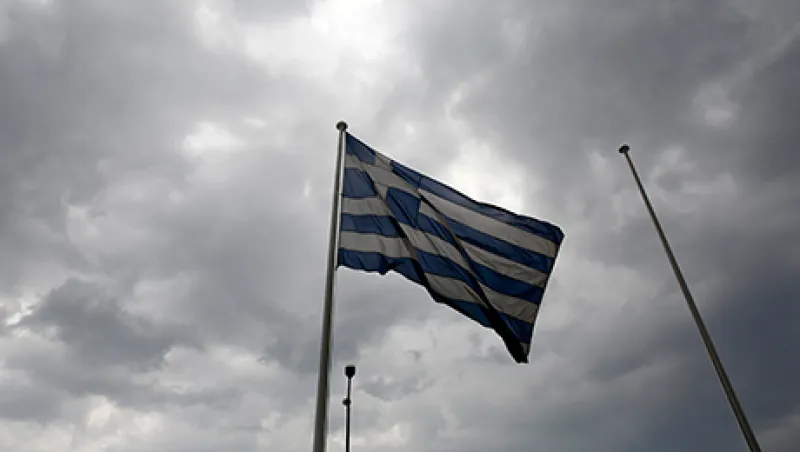
Greece’s Debt Crisis: Receded but Not Resolved
Athens has yet to demonstrate that it can fulfill its reform promises, while France and Germany continue to skirt the ambiguity at the heart of monetary union.
Eric Chaney
August 31, 2015


